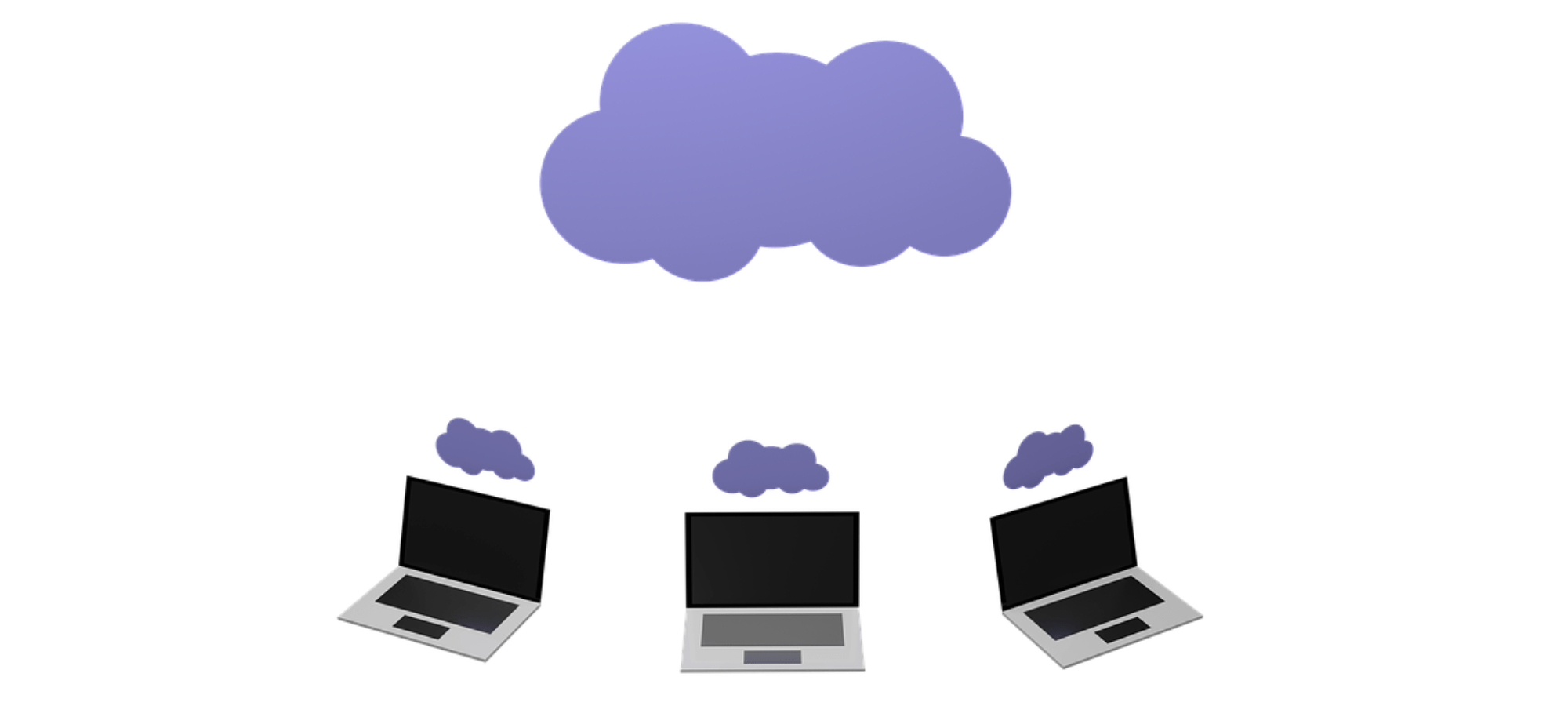Cloud computing has seen some dynamic shifts, with cloud services deployment evolving continuously to include public, private, or both, i.e. the hybrid cloud. The hybrid cloud model, among these, emerged as a robust solution, which combines the best of multiple cloud deployments that perfectly fit in the complex, ever-changing IT environment.
By adopting a hybrid cloud strategy, organizations can simultaneously tap the benefits of the private and public cloud deployments. The primary value of the hybrid cloud is in smoothening the journey of digital transformation for businesses along with agility. It has seldom been easy for organizations to choose from deployment options for their applications.
Companies often prefer maintaining their data centers to ensure operational control, security, and compliance, despite they are always in the need for additional resources. This has led enterprises to integrate public cloud services into their IT strategy to ensure a cost-effective solution to process high-volume data spikes and ebb costly downtimes.
Unlocking Business Potential
Hybrid cloud has significantly helped businesses unlock the potential of their greatest digital asset – data. Several AI-upheld technologies have been introduced that constantly gather information from several data points and turn that information into incisive, real-time insight.
The hybrid cloud model helps organizations run data analytics programs via the public cloud while tapping the private cloud for storing sensitive data. As organizations continue to depend on data analytics, data management is here to stay as one of their top priorities. The hybrid cloud model promises to eliminate the complications and stress that are otherwise faced by organizations when they solely depend on their own infrastructure.
The Disruptive Role of Hybrid Cloud
A range of regulatory compliance, jurisdiction, and data privacy requirements have to be met in building a hybrid cloud infrastructure. To stay ahead of the curve, businesses of all sizes across industry sectors are leveraging the hybrid cloud model to combine the power of data and application services. Companies can seize untapped opportunities and innovate faster with hybrid cloud strategies in light of their seamless workload portability and complete operational consistency.
Several applications and services used in industries bank on the legacy infrastructure that has been used for decades. Companies find it too expensive and complicated to extend the legacy system or rewrite the entire application. With the hybrid cloud model, enterprises can avail the most innovative and cost-effective solutions without the risk of large capital outlays linked with their move to the hybrid cloud.
The Ripple Effects
A ripple effect surrounds the hybrid cloud, which implies the business shifts that are unleashed, let alone the benefits of the technology. Recent discussions on the hybrid cloud are inclined toward high-impact, long-term business opportunities, with the focus centered around ‘business readiness.’ As the business landscape changes, enterprises that are well-positioned to disrupt the changing dynamics are the ones who set the trends. These enterprises are already ahead of the competition and continuously reap the rewards.
The infrastructure technology is evolving beyond the point where the software’s sophistication is the driving force for performance standards. As the hybrid cloud technology is defined by software, it is the newest iteration of the trend, becoming increasingly business-ready and flexible. The hybrid cloud model has redefined IT as the center for innovation and a key enabler of competitiveness for an organization.
All in all, the hybrid cloud is unique, as it brings radical changes to legacy solutions. Businesses acquire new approaches to perform their operations, such as changing the way they make investments and the pace at which they react to changing dynamics. It is highly likely that the flexibility and versatility of the hybrid cloud will subdue the industry in the long run.





















